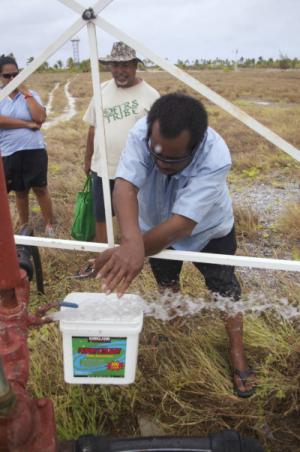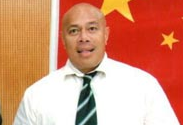
Did you know that 8% of global energy generation is used for pumping, treating and transporting water to various consumers? Did you also know that most of the electricity generated in the Pacific Islands Countries and Territories is from water?
The links between these two scarce and important resources – water and energy – is the theme of this year’s World Water Day, celebrated globally on 22nd March.
Each year, World Water Day is acknowledged throughout the Pacific with the support of awareness materials prepared and distributed by the GSD Division of SPC. This year’s theme draws attention to the vital role of water and energy sources to the sustainable development of Pacific Island Countries and Territories.
While energy is needed to pump, treat and distribute water to Pacific households, water is also an important energy source in several Pacific Island Countries, where the energy of rivers and streams is harnessed by hydro-electric facilities at the municipal, village and even household scale.
Solomone Fifita, head of the SPC Economic Development Division’s Energy Programme, noted the close linkages that exist between the conservation of water and energy resources. “The choices we make every day on our water and energy use are closely related, and decisions on the supply, distribution, price and use of water and energy impact one another,” he said.











